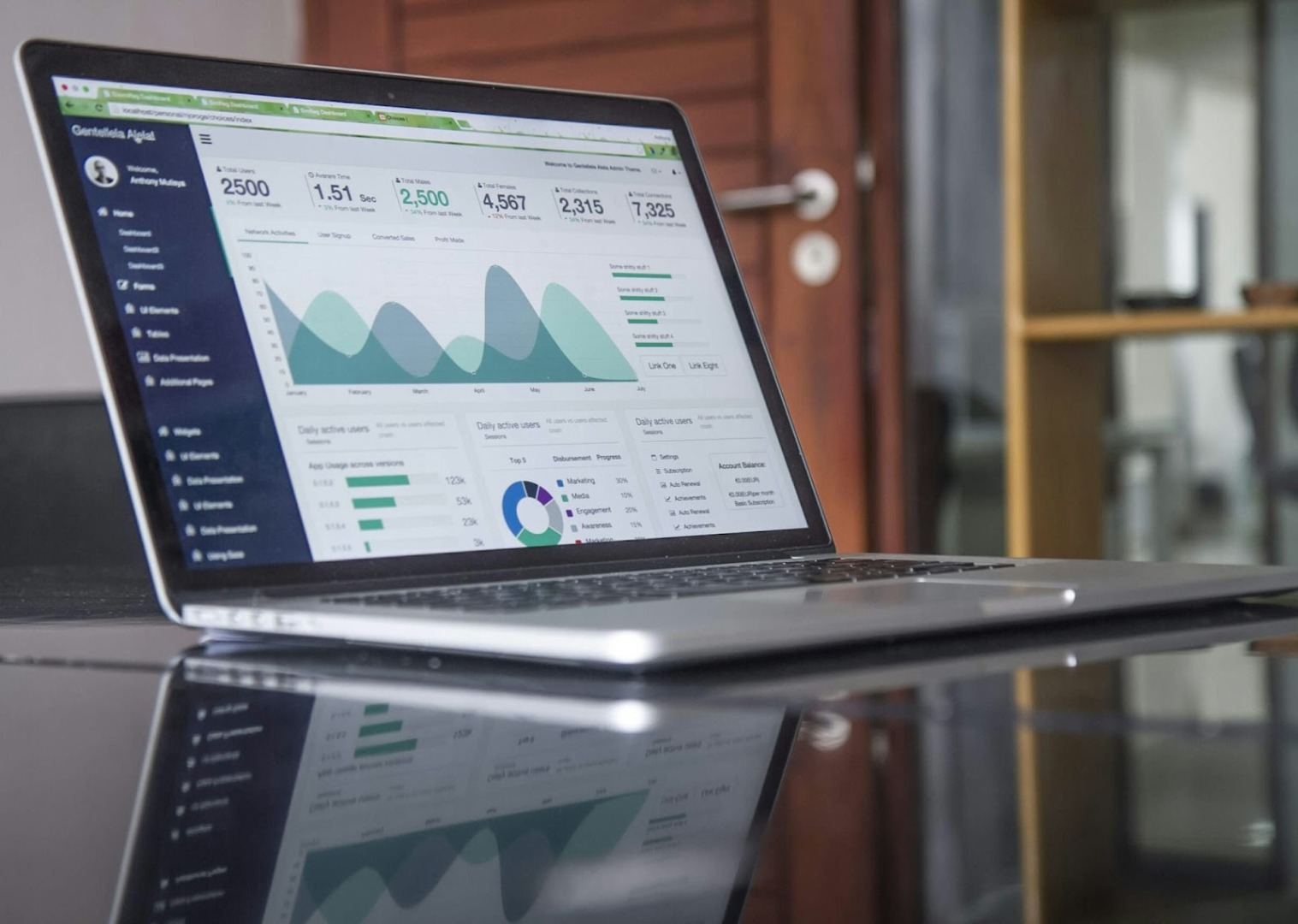Comments
- No comments found

Modern businesses are inundated with data.
However, many struggle to harness this wealth of information effectively. Without proper analytics, you can miss opportunities and waste resources. That's why companies research AI, machine learning, and advanced data masking strategies. This article explains why a comprehensive web analytics framework could be a game-changer for your business.

Every click, scroll, and interaction generates measurable insights online. Leveraging this information proactively can lead to significantly enhanced outcomes. By using advanced web analytics tools, you can track user behavior. This can uncover deeper patterns that inform product development and marketing efforts. This actionable intelligence allows businesses to pivot quickly in response to real-time trends. Business teams should therefore embrace data as a core component of their decision-making processes. This way, they cultivate an environment where experimentation and innovation is encouraged.
It's beneficial to regularly analyze performance metrics and A/B test various approaches. In turn, companies can identify what truly drives engagement and conversion rates. This optimizes resources and instills confidence among stakeholders. The latter wants to see evidence-backed results validating strategic choices. Specialist software can help you streamline your digital analytics processes and improve funnel performance. You can quantify the impact of your marketing campaigns, diagnose deeper, and optimize faster.
It's possible to analyze user behaviors and interactions across various touchpoints. This way, businesses can identify which strategies resonate most with their target audience. Understanding a customer’s journey reveals conversion rates, and also highlights drop-off points where potential leads are lost. Equipped with this knowledge, marketers can refine their approaches, tailoring content and advertising channels to suit specific audience segments.
Machine learning algorithms can enhance campaign performance. They achieve this by predicting trends and consumer preferences, based on historical data. Combining A/B testing with robust analytics allows businesses to experiment in real-time. In turn, they can optimize elements ranging from subject lines to call-to-action placements. This agile approach fosters a culture of continuous improvement, ensuring that every dollar spent yields measurable results.
You can track the flow of visitors to discover where users drop off or lose interest. This data empowers you to optimize these critical touchpoints, ensuring each visitor feels valued and engaged. Moreover, personalized content serves as a key driver for improving user experience. Analytics can enable you to segment your audience based on their browsing habits.
This enables tailored recommendations that align with individual interests. Imagine greeting returning visitors with curated suggestions, based on their previous interactions. This enhances usability, inspires custom, and fosters brand loyalty.
By leveraging the data collected from visitors’ interactions, businesses can highlight pain points and areas of friction within the user journey. For instance, heatmaps can reveal where users are clicking most frequently. Session recordings can illustrate how they navigate your site. This information allows you to tailor content placement and make necessary design adjustments.
A/B testing lets you experiment with different elements—be they headlines, call-to-action buttons, or page layouts. This will help you find out what works best with your potential buyers. The insights gained from these tests can lead to more effective communication strategies and an overall increase in conversions.

You can examine key performance indicators (KPIs) such as conversion rates, customer acquisition costs, and average order values. This gives businesses deeper insights into their digital initiatives. However, focusing solely on surface-level numbers can be misleading. It's also critical to analyze contextual factors. For instance, a spike in traffic may look impressive but could mask inefficiencies if the corresponding conversion rate drops significantly.
Adopting a holistic approach to measuring ROI means considering both immediate sales and long-term customer value/retention rates. A robust analytics framework doesn’t merely report data. Instead, it transforms insights into actionable strategies that align with broader business goals.
By leveraging advanced web analytics tools, you can gain insights into your competitors' online behaviors. You can learn about their customer engagement strategies and content effectiveness. Analyzing their organic search rankings could help identify keyword opportunities that might be missing from your own strategy. This could facilitate a more targeted approach to content creation (e.g. for web pages, blogs, and social media posts).
You also need to understand market trends through competitor analysis. This allows businesses to anticipate shifts in consumer preferences and emerging industry standards. Pay attention to which channels drive the most traffic for your rivals. Are they succeeding on social media platforms where you're currently inactive? Have they mastered Facebook Ads or email marketing? These insights can inspire innovative campaigns tailored to audience demands. With the right research and corresponding actions, you can differentiate your brand within a crowded marketplace.
Today’s fast-paced digital landscape poses an ever-evolving set of challenges and opportunities. Staying competitive requires a clear understanding of market trends, and the agile ability to respond to them in real-time. The right web analytics strategy will provide the vital insights needed to decipher customer behavior. This helps optimize targeting efforts and enhances user experiences. By leveraging data effectively, companies can anticipate shifts in consumer preferences before they become prevalent. This gives them a distinct advantage over rival companies, especially if they're not analyzing their data.
Organizations must recognize that competition now extends beyond traditional rivals. It includes tech-savvy startups and disruptive innovators who may be operating without historical constraints. By employing sophisticated analytics tools (like AI-driven predictive modeling and advanced segmentation techniques), businesses can uncover hidden patterns within their datasets. This proactive approach empowers companies to personalize offerings at scale and foster deeper connections with their audience. These are essential ingredients for standing out from the crowd when markets are saturated.
A robust web analytics strategy is essential for businesses seeking to thrive and adapt. By harnessing the power of data, organizations can gain valuable insights into customer behavior, optimize marketing efforts, and make informed decisions that drive growth. Companies can also identify areas for improvement and capitalize on emerging opportunities.
Leave your comments
Post comment as a guest